County Durham Joint Strategic Needs and Assets Assessment
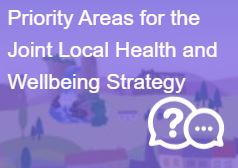 |
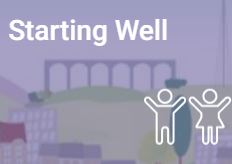 |
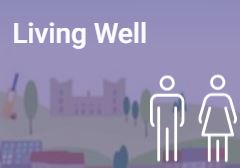 |
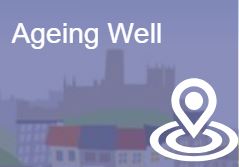 |
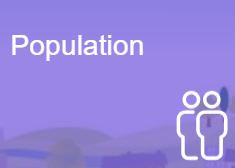 |
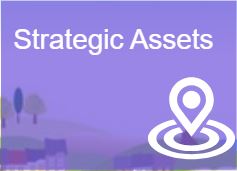 |
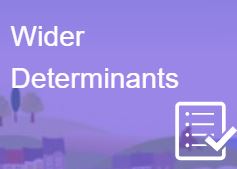 |
|---|
The County Durham Joint Strategic Needs and Assets Assessment (JSNAA) provides a detailed overview of the current and future health and wellbeing needs of the people of County Durham.
To help achieve positive outcomes for the local population, the County Durham JSNAA aims to:
- highlight areas where there is a need to improve health and wellbeing outcomes for the local community
- aid decision makers in targeting resources to both areas and services
- act as a resource document to support health and wellbeing planning and commissioning
- help inform our plans and strategies to provide a basis upon which to plan for the achievement of local outcomes and targets
Related links:
Director of Public Health Reports
Drivers of differences in health outcomes
Our health and the health of our population is dependent on a complex relationship between our genes, the broader factors of health care, our behaviours and the wider determinants of health. In the image below, we show an estimate of the contribution that these wider factors have on health and wellbeing and ultimately lives being cut short.
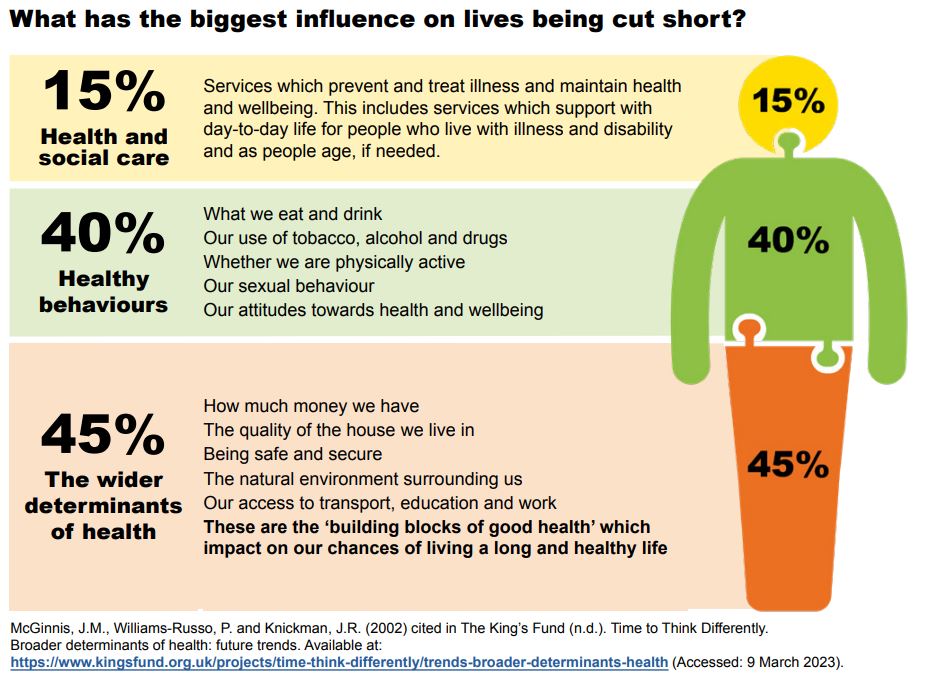
Who is responsible for the JSNAA?
The Health and Social Care Act 2012 gives the Joint Health and Wellbeing Board a statutory responsibility to prepare a Joint Local Health and Wellbeing Strategy and a JSNA (which will influence commissioning strategies for health and social care).
As we look beyond the Covid-19 pandemic it is vital that we understand the protective factors and strengths across communities. This combined view of both needs and assets (building on our Approach to Wellbeing) will allow us to build a broader understanding of health and wellbeing and how we can support and protect the health of our local communities. We therefore refer to our approach to JSNA as a Joint Strategic Needs and Assets Assessment (JSNAA).
What does the JSNAA look like?
The JSNAA combines key datasets, which shows how an area compares with others across a wide range of indicators related to health and wellbeing, with a small number of chapters on key topic areas.
How are the key topics selected for the needs and assets assessments?
The key topics are decided by the health and wellbeing board based on recommendations from the JSNAA strategic group. Stakeholders and partners in the local authority, the health service, the voluntary and community sector and members of the public, are invited to propose topics which are prioritised against a range of criteria.
Who carries out the needs and assets assessments?
The needs assessments are led by subject leads and public health specialists working in partnership with contributions from a range of people with experience in the particular topic area.
What happens to the recommendations of the JSNAA?
Each topic based JSNAA chapter is sent to local health and social care commissioners. They are asked to make an initial response to the recommendations. Commissioning plans and strategies can be informed by JSNAA chapters. Commissioners use the needs assessment to help them make judgements about where to prioritise limited resources. It may not be possible to take forward all the recommendations made in a JSNAA chapter, but the information is critical for their decision making processes. JSNAA chapters also make recommendations for service providers. Whilst providers are not formally asked to respond, they are sent the recommendations and asked to take them into consideration.
The JSNAA uses these webpages to publish its reports.
